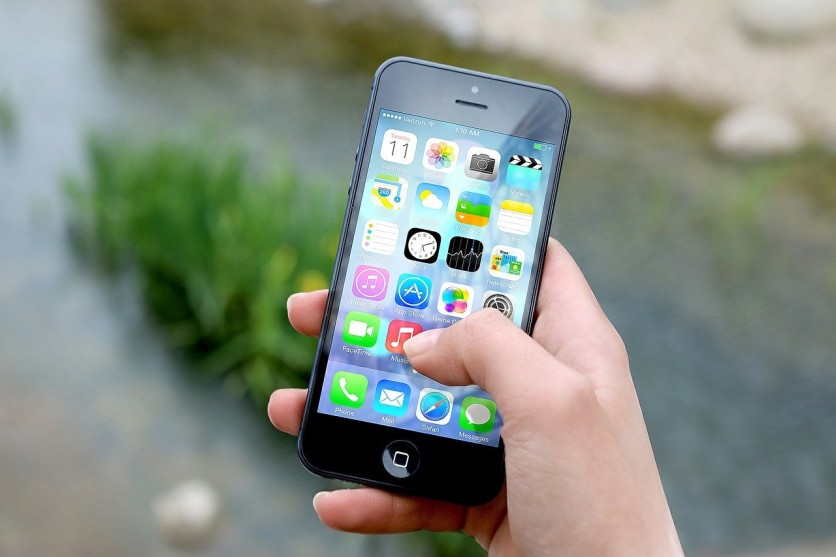
Apple and Google have announced that they would not permit apps that aren't from recognized from establishments like governments or hospitals to avoid health information. Lawmakers, however, urged tech giants to protect data from health apps.
In a CNBC report, Apple and Google employees told app developers that anything health-related --- including coronavirus infection --- must be released by official health organizations or government. Another developer was given a written response that "apps with facts about current medical facts need to be submitted by a recognized institution," the report added.
ALSO READ: Are You Using Mental Health Apps? They Might Be Sharing Your Data
Lawmakers urged tech giants to protect data from period tracker apps
USA Today said lawmakers told tech companies to make sure menstruation and fertility monitoring apps are not sharing customers' information without their consent.
Apple, Google, and Samsung's top executives acquired letters from New Jersey Democratic lawmakers. The authorities are asking for the major app vendors to stop allowing the monitoring apps to share customers' health statistics with third parties when users begin to open those apps.
Research conducted by Consumer Reports found that some of the most famous period tracker apps proportion users' fitness records with marketers for targeted advertising and marketing and even health researchers without their earlier consent. A separate study by Privacy International, a U.K.-based charity added 61 percent of menstruation apps automatically transferred records to Facebook as soon as the consumer opened the app.
ALSO READ: Menstrual Tracker Apps Share Sensitive Data With Facebook, Research Finds
Women use menstruation and fertility tracking apps to screen menstruation, save you pregnancy or to boost their possibilities of conceiving. Many of those apps require users to input information on their sexual activity, menstrual cycle, and birth control usage. And that doesn't exclude personal statistics such as complete name, e-mail address, age, and weight.
Lawmakers are urging the tech giants to get rid of duration monitoring apps answerable for a "severe invasion of privacy" and to share more facts at the privacy standards and sharing notices of the length tracking apps available on their platforms.
New Jersey Sen. Bob Menendez, U.S. Rep. Bonnie Coleman and U.S. Rep. Mikie Sherrill --- who wrote the letter --- said the companies are aware of the security breaches. The lawmakers added tech giants also know the cases where user's personal information and data were sold without the user's explicit consent and knowledge.
"The continued failure of your industry to be out front on these issues and consider the best interests of your users, especially on reproductive health data, shows either a glaring disregard for privacy concerns or gross incompetence," the letter states.
Apple, Google's opaque process
Apple manually monitors every single iPhone app before they become available to download on Apple's platforms. The tech giant relies on a document referred to as the App Store Review Guidelines to justify their selections to software program groups approximately what's allowed on iPhones.
Developers who had coronavirus apps, for example, rejected by Apple, cited a certain guideline number 5.2.1. The guideline said that apps should be submitted by the person or legal entity that owns or has licensed the intellectual property and other relevant rights.
Apple's App Store rules have drawn grievance for being inscrutable. Some competitors claimed Apple has too much power, given that the App Store is the best manner to distribute software programs for iPhones to the public.
Google Play, Google's Android app store, has a rule against apps that take advantage of a natural disaster" or appears to "profit from a tragic event without a discernible gain to the victims."
ⓒ 2026 TECHTIMES.com All rights reserved. Do not reproduce without permission.




